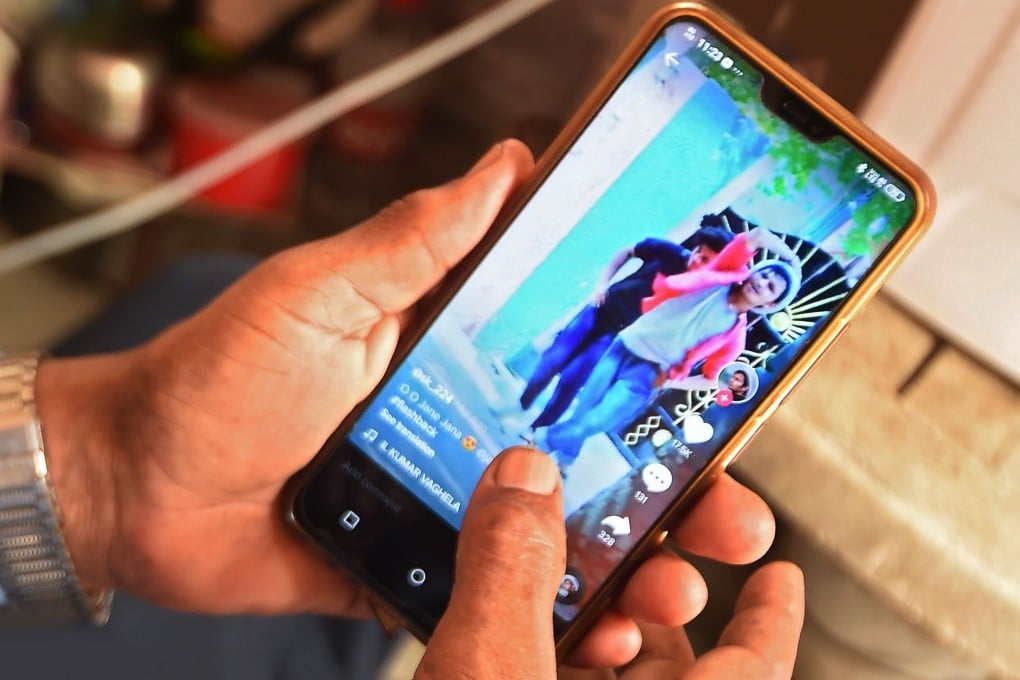Inside China Tech: Apps under pressure
- India was TikTok’s biggest international market, with at least 120 million monthly active users reported before the ban
- Facebook has a penetration rate of over 80 per cent in Hong Kong, according to Statista

A wrap up of some of the week’s best China tech stories on SCMP.com:
TikTok losing first mover advantage
After India banned 59 Chinese apps over national sovereignty and security concerns following a deadly border clash with China, several home-grown video-sharing platforms that had previously been dwarfed by the wildly popular TikTok saw their user numbers jump, Tracy Qu reports.
Roposo, a TikTok-like app that has been around since 2014, drew in 22 million new users in two days after the ban, the company’s founder Mayank Bhangadia told Reuters. The app now ranks first in the entertainment category of the Apple App Store in India, according to data provider Sensor Tower.
Chingari, another TikTok alternative launched in 2018, has seen two to three million downloads per day after the ban, according to English-language Indian newspaper Financial Express.
TikTok, owned by Beijing-based ByteDance, popularised the short video format and is widely seen as China’s first app to achieve widespread international success. India is its biggest international market, with at least 120 million monthly active users reported before the ban.
Before the border clash, TikTok had been facing criticism worldwide, particularly in the US, over issues relating to data privacy and security.